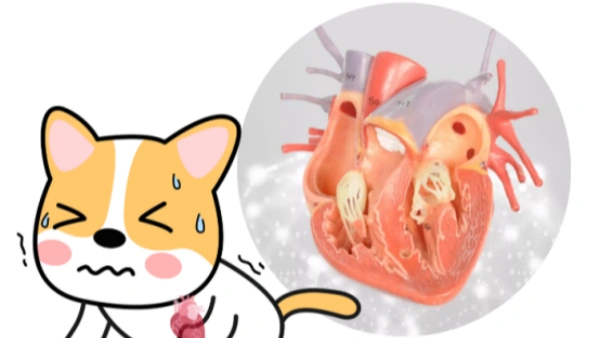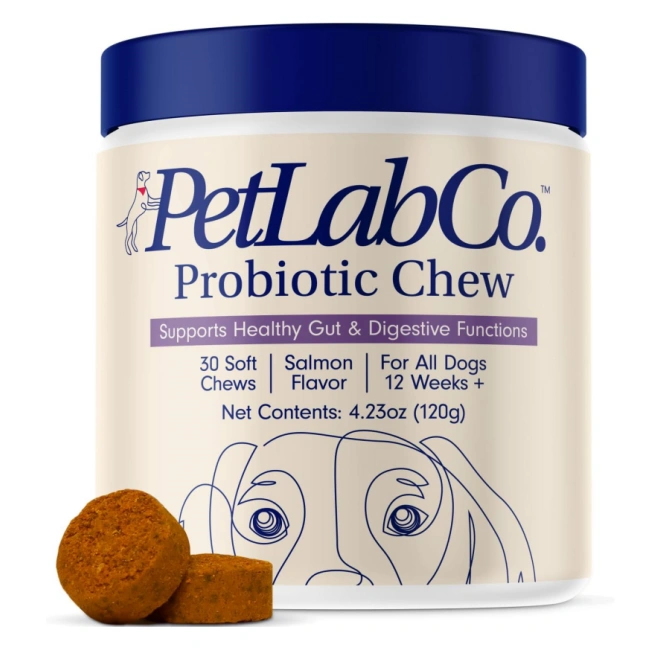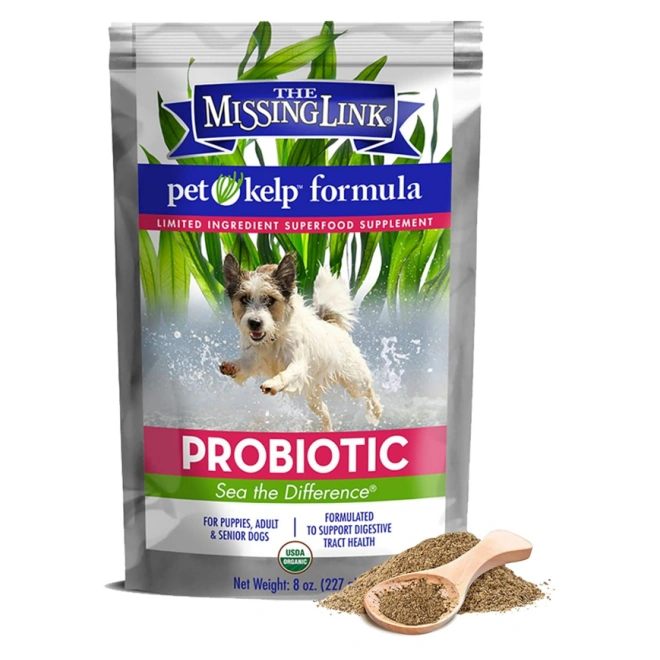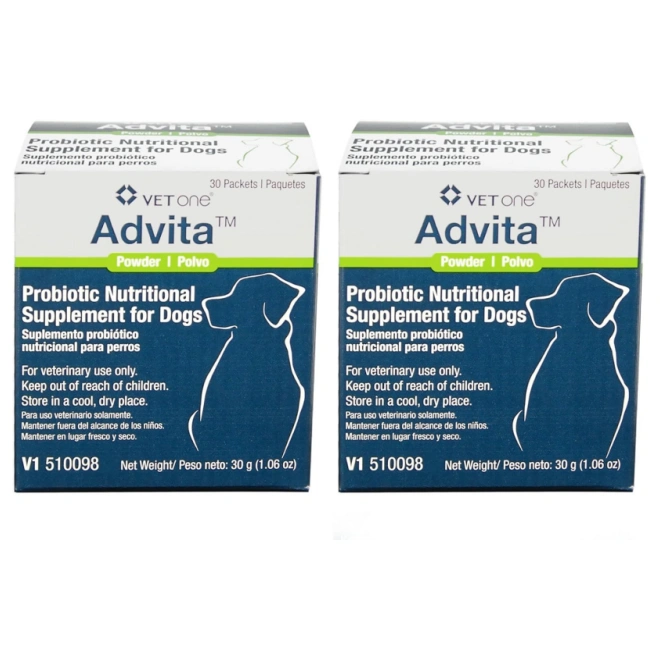Signs of Heart Failure in Dogs: What Every Pet Owner Should Know
Heart failure in dogs isn't a minor issue—it reflects serious problems when the heart can't pump enough blood to meet the body's needs. This guide covers critical dog heart failure symptoms, from sudden distress to slow decline, so you can catch early signs of heart failure in dogs and act wisely.
Acute Heart Failure in Dogs
Labored breathing: Rapid, exaggerated chest movements indicating distress.
Weak, irregular pulse: A "fast but faint" heartbeat.
Lethargy or collapse: Unable to stand, wants to lie down.
Pale or bluish gums: Low oxygen due to poor circulation.
Bulging veins: Neck or outer veins may swell visibly.
Tremors or seizures: May collapse and lose bladder control.
Foamy discharge: Sign of pulmonary edema.

Chronic Heart Failure Signs
Reduced activity: Gets tired after light walks.
Color change in gums/eye lining: Bluish-purple due to low oxygen.
Swollen veins: Especially on legs or neck.
Peripheral edema: Swelling in legs; leaves indent when pressed.
Heart murmurs or arrhythmias: Detected via veterinary auscultation.

What to Do for Dog Heart Failure Treatment
If your dog shows acute symptoms, immediate oxygen support is critical. Vets often prescribe:
Diuretics to reduce fluid around the lungs.
ACE inhibitors (e.g., enalapril) to ease blood pressure.
Positive inotropes like pimobendan to boost heart pumping.
Sometimes antiarrhythmic drugs (e.g., amiodarone) for rhythm issues.
Long-term care should include a low-sodium, high-quality diet, gentle exercise, and regular vet check-ups to track progression and adjust treatment.
When to Use Medication for Heart Failure in Dogs
Common medications include:
Heart failure in dogs medication like ACE inhibitors and diuretics.
Heart failure meds for dogs provide sustained improvement when dosed correctly.
For more in-depth guidelines, check out our practical advice on diet and supportive care and explore additional resources at the dog health.
Everything Our Vets Recommend
FAQ - What to Do If Dog Has Diarrhea: Fast Home Remedies & Vet Advice
Q: What home remedies help with mild dog diarrhea?
A: Bland diets like boiled chicken and rice, plus hydration, can help.
Q: When should diarrhea be considered an emergency?
A: If it’s severe, lasts over 24 hours, or has blood/mucus.
Q: Should I give my dog probiotics?
A: Yes, probiotics can help restore gut balance, but choose vet-approved options.
Takeaway & Next Steps
If you notice any heart failure symptoms in dogs—like difficulty breathing, coughing, weakness, or swollen limbs—don’t wait. Early detection and treatment dramatically improve outcomes. Contact your vet promptly, follow prescribed medication plans, and maintain a balanced lifestyle with proper diet, exercise, and check-ups.
Heart failure in dogs treatment requires commitment, but with timely care, many dogs live well-managed lives. Act now and ensure you're ready to support your dog's heart health.
You May Like:
- How to Soothe Dog Irritated Anus: Safe Home Remedies and Warning Signs
- Warning Signs After Spaying a Dog: What Every Pet Owner Must Know
- How to Treat Dogs with Urinary Tract Infection: Signs, Causes, and Best Care Tips
- Nutramax Cosequin Joint Health Supplement with Glucosamine, Chondroitin, MSM, Omega-3s & Beta-Glucan Soft Chews for Senior Dogs, 60 count
User Comments
Does flea treatment kill ear mites too?
Can dogs take human probiotics?
Can dogs have people probiotics safely?
Related Articles
View all
Signs of Heart Failure in Dogs: What Every Pet Owner Should Know

How To Comfort a Dog with Congestive Heart Failure














Leave a Reply